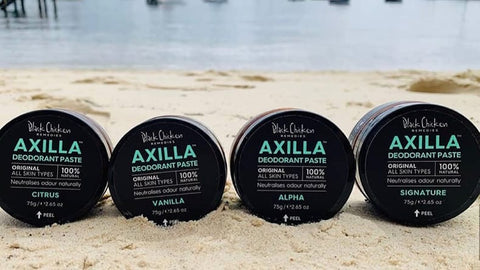
What is Organic wine?
Organic wine must be made from grapes that have been farmed using organic practices. This means no synthetic herbicides, fungicides, pesticides or fertilisers are used during the production process. Wineries may either follow ’unofficially’ organic practices, or be officially certified by an independent organisation such as Australian Certified Organic (ACO) or the National Association for Sustainable Agriculture, Australia (NASAA). The certification process involves meeting strict standards and requirements, so that every aspect of the winemaking process complies with organic regulations.
What is Biodynamic wine?
Biodynamic wine is produced in line with organic principles, but also follows the biodynamic agriculture practices created by Dr Rudolf Steiner in the 1920s. Biodynamic farming sees all elements of nature as interconnected and dependent on each other, including soil, plants and animals. Each element of the agricultural system is part of a wider ecology, so vineyard operations are designed to keep everything in balance, and are even timed to align with the lunar cycle. Herb and mineral preparations are used to enhance soil, plants, and composts, such as Preparation 500, or Cow Horn Manure, a nutrient rich fertiliser made through a special process which takes several months. This agricultural method is known to create flourishing produce, giving Biodynamic wine a uniquely rich and vibrant taste.

What is Vegan wine?
During the production process, wine is often clarified and filtered through fining agents to remove cloudiness, protein, yeast and other particles. These fining agents might be made from animal products and derivatives such as bone marrow, milk protein, egg albumen, fish oil or gelatin, which attract and remove the larger particles yet might also be absorbed into the wine themselves during the filtration process. Vegan wines are produced using different fining agents, instead utilising plant and mineral extracts such as bentonite clay, limestone, kaolin clay, plant casein or silica gel to refine the wine. Vegan wines are usually labelled as such, but non-Vegan wines may also disclose fining agents for mandatory allergen identification purposes.
What is Unfiltered/Unfined wine?
Some wine might be labelled as 'unfiltered' or 'unfined', meaning that it hasn't been placed through traditional filtering processes during winemaking. These wines may be cloudy in appearance thanks to the particles, aromas, flavours and sediment left behind, often known to enhance the taste and body of the wine. With increasing developments in winemaking processes and stabilising techniques, unfiltered or unfined wines have become popular for their refreshing taste and natural texture.
Which wine should I choose?
In Australia, wines are labelled according to different state and federal regulations and consumer laws, but must comply with various mandatory requirements and restrictions. If you're ever in doubt about a particular wine, ask the distributor or manufacturer for more information.
Sources: Naked Wines, Wine Australia.



